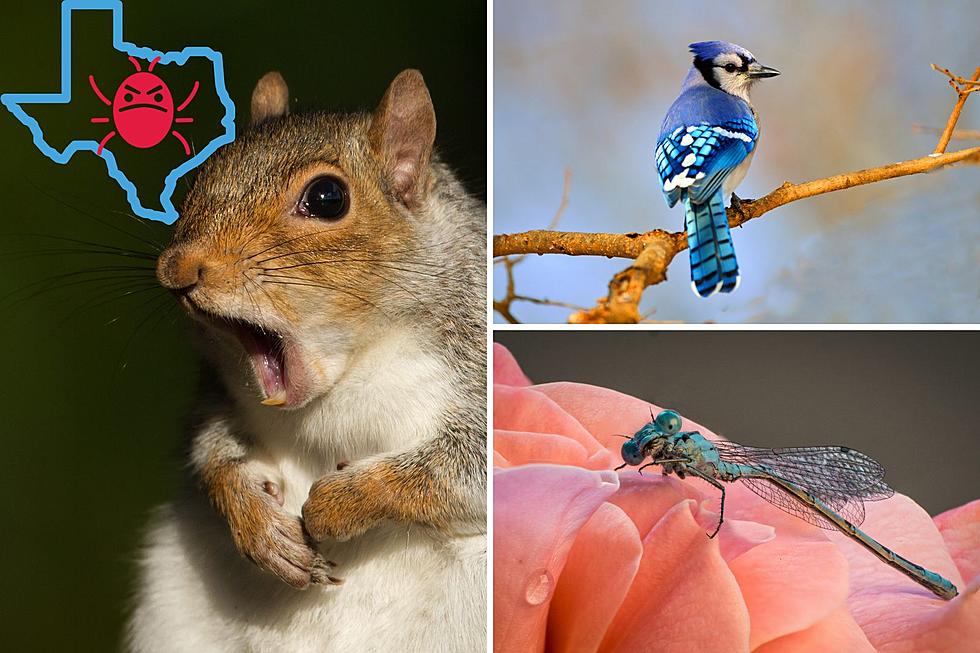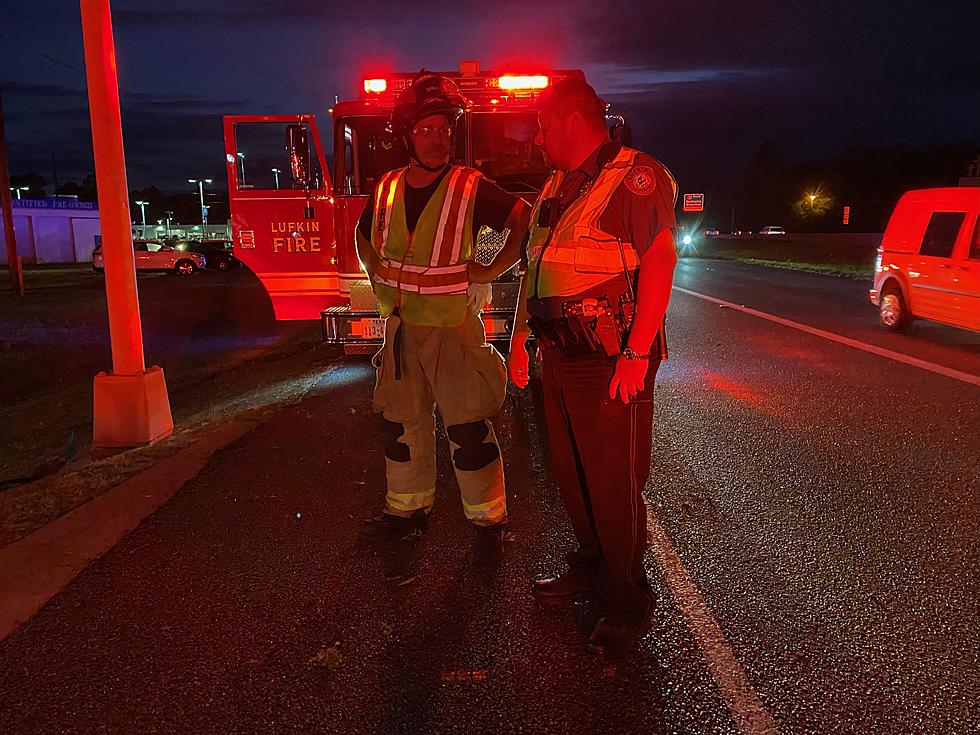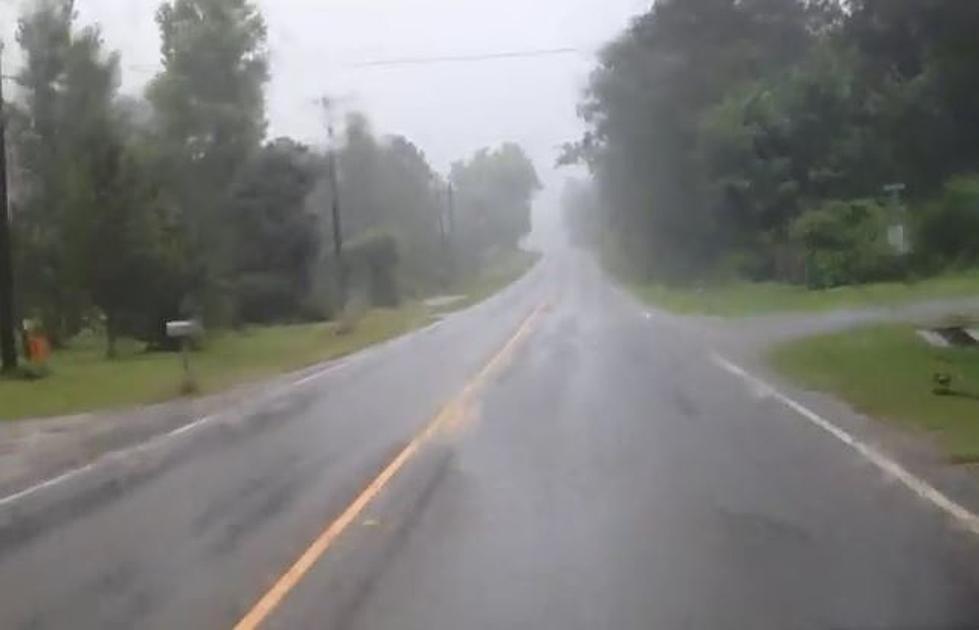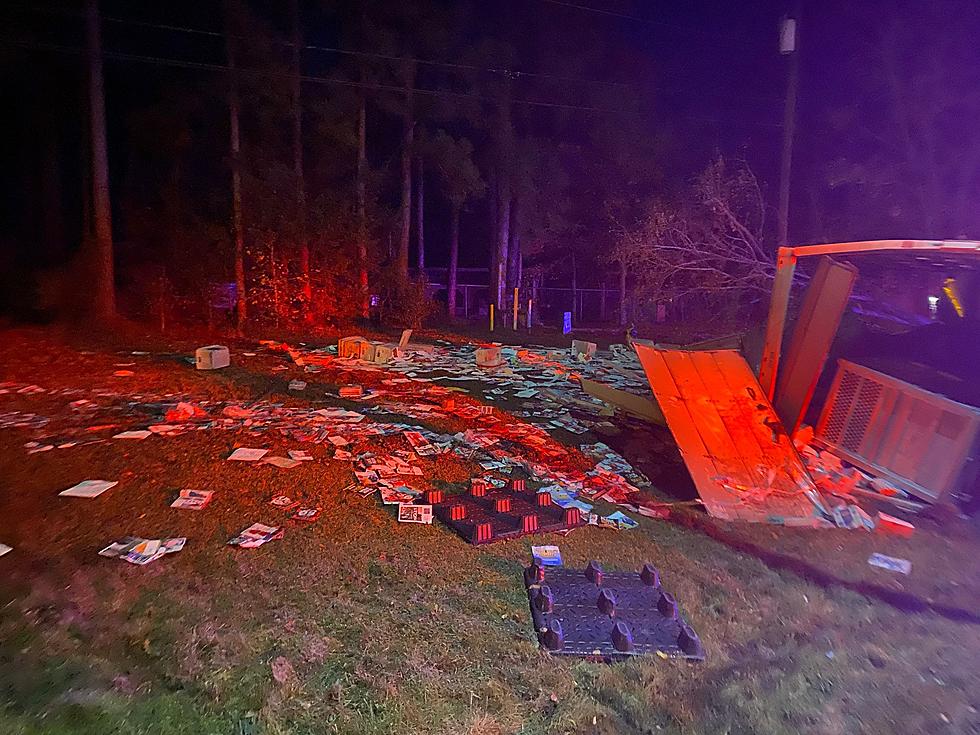
What are Those Small Fluffy White Bugs Flying Around East Texas?
A few days ago, I walked out to our KICKS 105 parking lot and saw what looked to be small specks of snow falling all around. I'm not the smartest guy around, but I knew that frozen precipitation is usually not something you see on a 90 degree day. So, I went down the possibilities of what this white fluffy stuff might be.
Could it be ash? Maybe someone was burning debris nearby and the light winds were carrying the ashy residue into our neighborhood. Nope, ash usually disintegrates upon landing or when touched, and these white specks did not do so when I lightly touched them.
Could it be flecks of pollen? Every Spring we're treated to a big community 'yellowing' when pollen gathers on anything with mass. But, this white stuff would be the biggest grains of pollen in history.
Hmmm...what about manna? No, these really didn't look like small specks of heavenly bread, and I wasn't about to taste one.
I tried touching it one more time and this time IT MOVED! By golly, this thing was a living creature. I've lived in East Texas for over 30 years and I'm very familiar with the periodic invasion of love bugs, june bugs, gnarly biting gnats and elephant flies (so big, the word horsefly does not do them justice). However, I haven't recalled seeing these fluffy guys.
According to a quick Google search and a look at a website from Texas A&M, these guys are called Woolly Aphids. They don't bite and they are more of a nuisance than anything else. They feed off of tree leaves and plants and leave behind a sticky residue commonly referred to as honeydew, but don't lick it.
They usually flourish in rather dry conditions, which, for the most part we've had for the past month or two. They are usually more common in the drier climate of Central Texas. A good rain usually does the trick in taking these bugs out of the picture. But, then again, a good rain in Spring or Fall also invites the love bugs to make a return.
LOOK: Here Are 30 Foods That Are Poisonous to Dogs
More From Kicks 105









